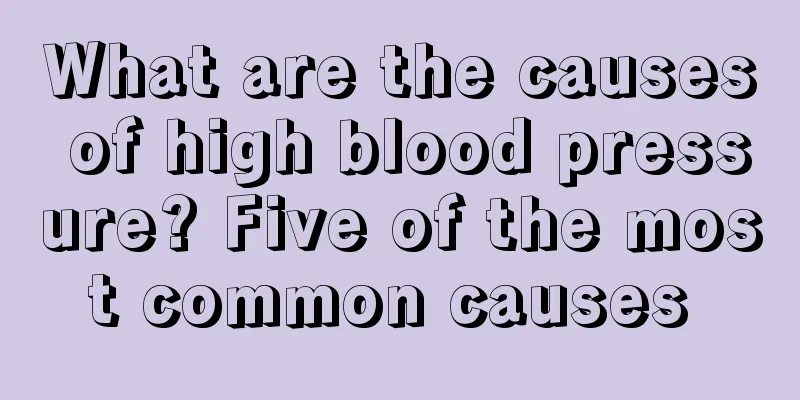Long-term dull pain around the navel

|
Pain in any part of the body needs our attention. Long-term dull pain around the navel may be an early sign of certain diseases. If we can discover and treat them in time, many serious diseases can be nipped in the bud. So, what organ or disease is mainly responsible for the long-term dull pain around the belly button? Let’s take a look at it below! It is caused by excessive contraction of the smooth muscles of the hollow abdominal organs or stretching and expansion due to increased intracavitary pressure. The pain sensation is transmitted from the visceral sensory nerve endings to the spinal nerve center, causing pain in the navel. When the abdominal organs are diseased, the pain felt on the surface or deep in the corresponding nerve segments can also cause pain in the navel. Dietary reasons: There are many reasons for pain around the navel. It may be closely related to your diet and lifestyle. If you eat some cold or spicy food in your daily life, it will cause pain around the navel. Indigestion: The pain around the navel may also be caused by indigestion. If it is indigestion, it is recommended to observe your symptoms to see if you have symptoms such as inability to defecate or frequent flatulence. If so, you should consider that you have indigestion. Intestinal obstruction: Intestinal obstruction can also cause pain around the navel. It is a common and one of the most serious gastrointestinal emergencies. If you suffer from intestinal obstruction, you will experience abdominal pain, accompanied by vomiting, abdominal distension, and even shock. Gastric lesions: If the pain is in the upper left area of the belly button, it may be due to some kind of lesion in the stomach, such as gastric ulcer, erosive gastritis, etc. It is recommended to have a gastroscopy to observe the internal situation. Other disease factors: In addition, pain around the navel is also related to ascariasis, and chronic enteritis, colitis, appendicitis and irritable bowel syndrome can also often cause pain around the navel. The main symptoms are: dull abdominal pain, diarrhea, irregular pain, long-term pain, etc. If you experience pain around your belly button, in addition to symptomatic treatment, you should also develop good living and eating habits to enhance your resistance. Eating less greasy and irritating food, maintaining an optimistic attitude, and exercising properly are all very effective in preventing diseases. |
<<: What is the cause of pain above the belly button
>>: What's wrong with stomachache and diarrhea
Recommend
How to treat a lump behind the cervical spine
In life, many people will grow a lump behind thei...
Reasons for thick thighs, caused by 5 habits
Many women are troubled by their thick thighs. Th...
Can spinach clean pores?
Spinach is rich in iron and many other trace elem...
How to use disposable masks
Disposable masks are very popular among people be...
Can triple-negative breast cancer be cured?
Whether triple-negative breast cancer can be cure...
What are the early symptoms of nasopharyngeal carcinoma and what is the pathological cause
What are the early symptoms of nasopharyngeal car...
What are the side effects of picosecond surgery? How much do you know about the precautions for picoseconds
Picosecond laser is a common technology nowadays....
Will softening hair hurt the hair? Will it damage the hair quality?
Female friends usually do their hair, perming and...
A dietary therapy that is effective for the recovery of patients with colorectal cancer
Patients with colorectal cancer often experience ...
Diet care for ovarian cancer patients after chemotherapy
The number of people who died from ovarian cancer...
What causes cold stomach pain?
From the perspective of traditional Chinese medic...
What should you pay attention to when hypertension and diabetes coexist?
Hypertension and diabetes coexist in some elderly...
What are the methods for selecting essential oils
As people in modern society become more and more ...
How to solve the problem of brown discharge after menstruation
Every normal woman will experience menstruation w...
Does donating plasma have any effect on the body?
At present, many people donate blood or plasma. T...









